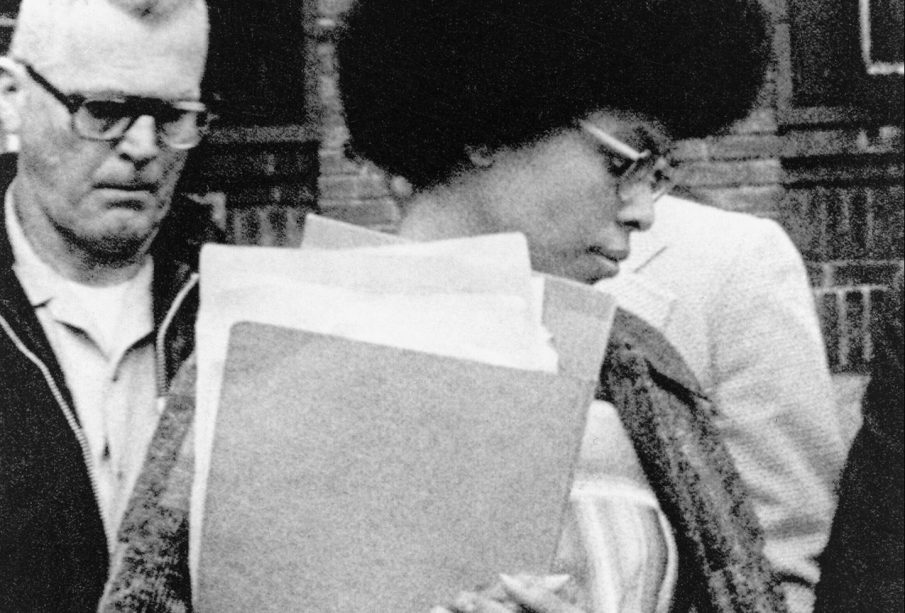Understanding Assata Shakur: A Revolutionary Icon

Introduction
Assata Shakur, an iconic figure in the civil rights movement, continues to resonate with discussions around social justice and activism. Her story is one of resilience and struggle against systemic oppression. Born in 1947 as Joanne Chesimard in New York City, Shakur became a prominent member of the Black Panther Party and the Black Liberation Army during the 1960s and 70s. Her legacy serves as a symbol of resistance and the fight for racial equality in the United States.
Life and Activism
Shakur’s early life was marked by personal and societal challenges, including the impact of racism and poverty. Her political awakening coincided with the civil rights movement, and she quickly became involved in activism. Assata later fled to Algeria and Cuba after being accused of murder following a shootout in 1973 that resulted in the death of a New Jersey State Trooper.
In 1979, Shakur was convicted in absentia of murder and robbery while she sought asylum in Cuba. Despite her controversial past, she became an influential voice for those who felt marginalized. Shakur’s autobiography, “Assata: An Autobiography,” published in 1987, provides insight into her experiences and philosophy, further cementing her role as a key figure in the conversation around racial injustice.
Current Context and Relevance
As of 2023, Assata Shakur’s story has gained renewed interest amid ongoing discussions about police brutality, systemic racism, and social inequality. Her image has been co-opted by contemporary movements, including Black Lives Matter, where she is depicted as a martyr for the cause of freedom and justice. According to various reports, Shakur remains on the FBI’s most wanted list, sparking debate about law enforcement’s pursuit of her versus her status as a freedom fighter.
Conclusion
Assata Shakur’s life and activism embody the complexities of freedom and resistance in a racially divided America. Her narrative raises important questions about justice, identity, and activism today. As movements striving for equality gain traction, Shakur’s voice serves as a reminder of the ongoing struggle for civil rights and the importance of standing up against injustice. Understanding her story is essential not only for comprehending the past but also for navigating the path towards a more equitable future.








